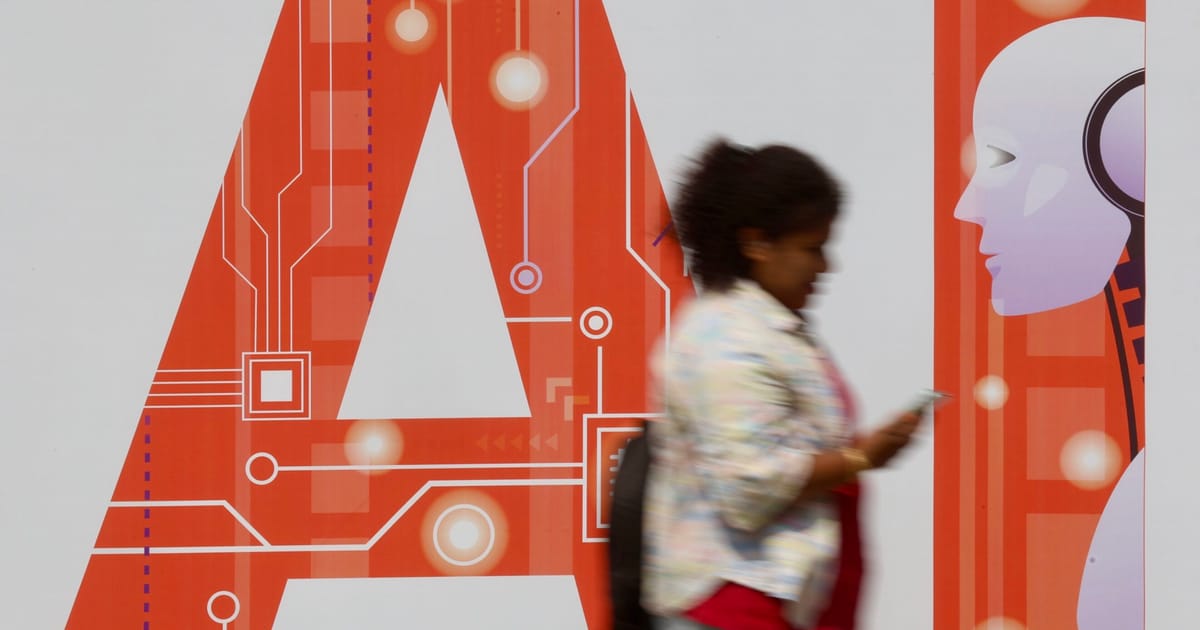Spokesperson Thomas Regnier told POLITICO that the Commission welcomed the U.S. decision to rescind the rule. “We are pleased that the Administration recognizes that the AI Diffusion Rule would undermine U.S. diplomatic relations with dozens of countries by downgrading them to second-tier status,” Regnier said.
The reversal could ease tensions after a months-long attack by the American administration and tech executives on the EU’s rules on content moderation, digital competition and artificial intelligence.
The European Commission’s Executive Vice President Henna Virkkunen is in the U.S. Wednesday, where she will meet with representatives from Nvidia, a critical supplier of AI chips.
Virkkunen and her trade colleague Maroš Šefčovič had pushed back against the planned U.S. export controls.
Both said after the U.S. imposed the rules in January that it’s in the “U.S. economic and security interest that the EU buys advanced AI chips from the U.S. without limitations.” Virkkunen said this is an area where the EU will buy from the U.S., appealing to the Trump administration’s trade deficit grievances.
Some EU countries had contacted the U.S. separately seeking to better understand the caps, which would have affected their ambitious AI plans. Poland, in particular, was one of those second-tier countries that would have been restricted in buying U.S. AI chips. For months, the country tried to understand why it was in tier two but never got a clear answer from Washington, so it kept on pushing to have the rule revoked.
The threat of U.S. caps has inspired the EU to review its chip-making plan, the Chips Act, with AI chips at the center.
